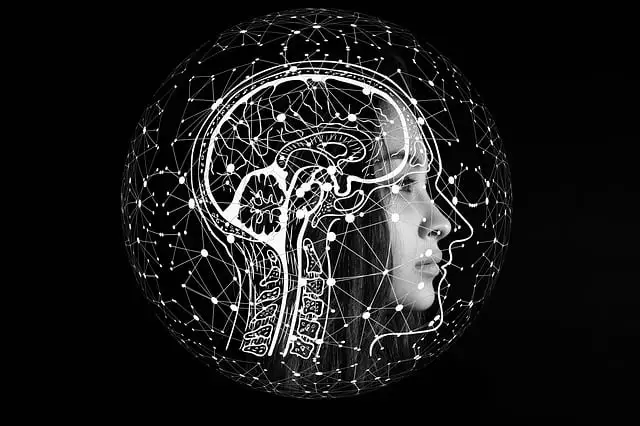
The tech industry has witnessed a groundbreaking transformation with the advent of Artificial Intelligence (AI), revolutionizing our interactions with gadgets and devices. From smartphones to smart speakers, AI has seamlessly integrated into various aspects of our daily lives, enhancing convenience and efficiency. This article explores the growing impact of AI in everyday devices, highlighting how it has simplified tasks and improved user experiences worldwide.
AI-Driven Personal Assistants
The widespread adoption of AI-powered personal assistants, such as Apple’s Siri, Amazon’s Alexa, and Google Assistant, has become a common occurrence in modern households. These virtual companions employ natural language processing and machine learning algorithms to comprehend and respond to user queries and commands. From setting reminders to playing music, providing weather updates, or controlling smart home devices, AI assistants have significantly simplified daily routines.
Furthermore, the ability to learn from user interactions allows these assistants to personalize their responses over time, making them more efficient and accurate in catering to individual preferences.
The Revolution of Smart Home Automation
AI serves as the backbone of the smart home revolution. Through AI integration, household devices can communicate with one another and adapt to user habits, creating a seamless and automated living environment. Smart thermostats adjust temperatures based on occupants’ patterns, smart lighting systems respond to voice commands, and smart appliances optimize energy consumption to reduce waste.
Controlling various home gadgets through AI-powered voice commands or mobile apps has made smart homes increasingly popular, promising energy savings and enhanced living experiences.
AI-Enhanced Cameras
The inclusion of AI in cameras has revolutionized photography and videography. Smartphones and digital cameras equipped with AI-powered image recognition can automatically detect scenes, objects, and faces, leading to improved auto-focus and exposure adjustments. Additionally, AI-driven post-processing features like portrait mode and night mode have raised the bar for smartphone photography.
Beyond hardware improvements, AI algorithms play a significant role in organizing and categorizing photo libraries, making it easier for users to search and manage their visual content effectively.
Virtual Shopping Assistants
AI is reshaping the e-commerce landscape with virtual shopping assistants that cater to customers’ preferences and needs. These AI-driven assistants analyze user behavior and purchase history to offer personalized product recommendations. By understanding consumer preferences, these AI-powered tools streamline the shopping process and improve customer satisfaction.
Moreover, AI chatbots are employed by customer service teams to provide instant support, resolving queries and concerns, thereby enhancing the overall online shopping experience.
AI in Wearable Devices
Wearable devices, such as fitness trackers and smartwatches, have integrated AI to enhance their functionality. AI algorithms process data from various sensors to track users’ health metrics, activity levels, and sleep patterns accurately. These insights help users make informed decisions about their fitness goals and overall well-being.
Additionally, AI-driven coaching features provide personalized exercise routines and motivation, making wearables valuable companions in achieving a healthier lifestyle.
Conclusion
The rise of AI in everyday devices has brought unprecedented convenience and efficiency to our interactions with technology. From AI-powered personal assistants that manage our daily tasks to smart home systems that create automated living environments, AI’s integration has become pervasive.
As AI technology continues to advance, we can expect even more exciting innovations in everyday devices, further enhancing user experiences and simplifying daily routines. However, it is essential to strike a balance between harnessing AI’s potential and addressing ethical concerns surrounding data privacy and security.
Embracing AI responsibly can unlock endless possibilities, making everyday devices more than just tools but trusted companions that cater to our needs and enrich our lives.
Leave a Reply